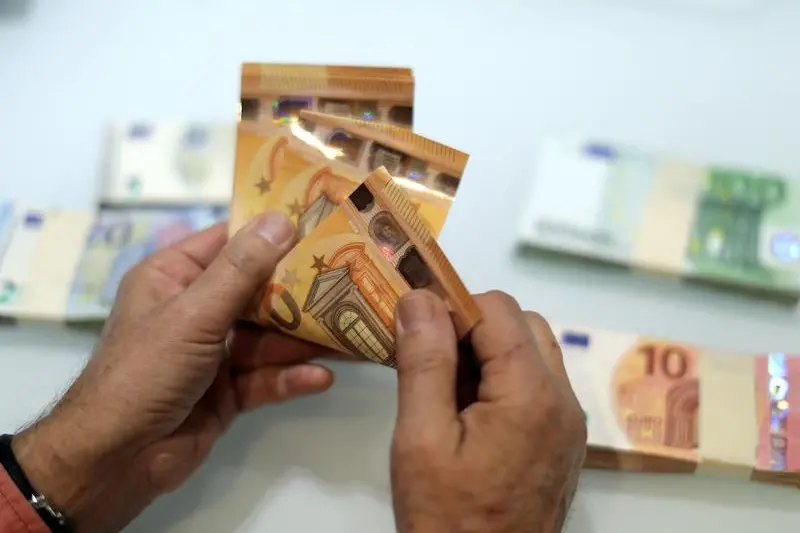PHOTO
ZAGREB - The Croatian government proposed on Thursday a 2022 budget plan that envisages the general deficit falling to 2.6% of gross domestic product (GDP) from an expected 4.5% this year as it steps up efforts to meet the criteria for joining the euro zone.
Croatia wants to adopt the euro on Jan. 1, 2023, but first needs to reduce the budget deficit to below 3.0% of GDP while continuing to cut public debt and keep a lid on inflationary pressures.
"Our fiscal plans are in line with our policy of reducing macroeconomic imbalances and meeting criteria for joining the euro zone," Prime Minister Andrej Plenkovic told a cabinet session.
Croatia's bid to join the euro zone in 2023 will be assessed in the first half of 2022.
A general budget gap of 2.9% was originally forecast for this year but revised in June to 3.8%. Primarily due to increased expenditure in the health sector, a proposed budget revision on Thursday set the gap at 4.5% of GDP or 18.9 billion kuna ($2.92 billion).
Plenkovic said that the government expected economic growth of 9.0% this year, more than offsetting a decline of 8.4% last year due to the pandemic.
"Next year we see the economic output expanding a further 4.4% on an annual basis," he said.
Croatia's public debt at the end of June totalled 86.1% of GDP and the government plans to reduce it to 83.1% by the end of this year and to 80.7% in 2022.
"I think that consumer spending and investments based on the European Union development funds will positively affect the budgetary revenues next year, so the plan for a lower deficit seem quite realistic," said economic analyst Damir Novotny.
The central bank sees the average inflation this year at 2.3%, easing to 2.1% in 2022.
($1 = 6.4759 kuna)
(Reporting by Igor Ilic; Editing by Kirsten Donovan)





















